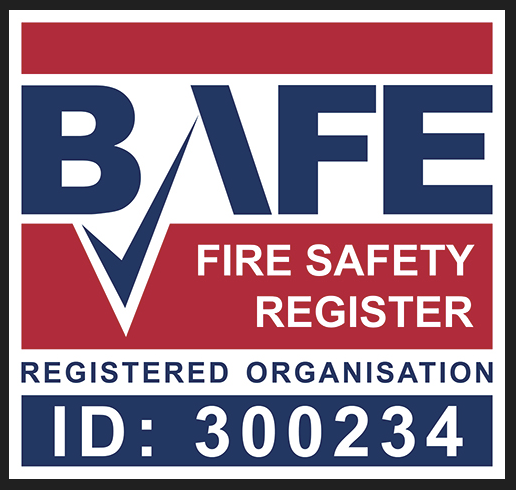Frequently Asked Questions

What should I do to reduce the risk of arson?
Arson is a greater threat to UK businesses than the risks posed by electrical hazards, heaters and smoking put together. It usually happens when the building is unoccupied, especially at night. Unless efficient fire detection systems are in place, the fire will be well advanced by the time it is noticed, so how can you reduce the risk of arson?
It is, perhaps, too optimistic to hope you can completely remove all risk of arson at your property but there are several things you can do to reduce the risk.
Make sure all the people who work in the building are aware of the need to be vigilant about anything that could make arson easy – they should report any suspicious behaviour and check out any unexpected visitors to the premises.
Ensure those who lock up or have keys to the building are aware of their responsibilities to ensure the building is empty when they leave and that unauthorised individuals do not have access to keys or security codes. Remember to change codes if there is reason to believe security has been threatened and limit the number of personnel who have keys.
All windows should be kept locked when the premises are unoccupied and extra security (e.g. shutters) should be considered in higher-risk areas. Letterboxes can be fitted with a metal container on the inside of the door or wall. This helps to contain the fire.
Lock away or remove all flammable materials on site – including rubbish – cardboard boxes make a lovely blaze! Keep rubbish bins in a locked storage area away from the building, particularly if you build up a large quantity of flammable waste between collections.
Consider installing fencing around your property – this will make it harder for potential arsonists to access your building. At the same time, reduce the amount of vegetation adjacent to the building – dry plants burn well.
Ensure your fire detection system covers all areas of the building and is working correctly. If possible, set the alarm up to call you, or even the fire brigade in the event of a fire. The chances of someone noticing the alarm sirens on an industrial unit on Saturday night are pretty remote!
CCTV is also a good deterrent but is only really effective if it is monitored. Hindsight may be better than no sight but it won’t save your property, even if it helps to convict the arsonist!
Of course, sprinkler systems are ideal to fight any fire as soon as it breaks out, even if the building is empty, but these are expensive – certainly consider them if you are upgrading your work premises or if you are in a particularly high crime area.
If the worst does happen, and you have a fire in your property, think ahead to limit the damage. Back up all data regularly and store important material in a fireproof safe. CCTV footage may help to convict the arsonist or prove the cause of the fire. Your Fire Risk Assessment (FRA) will throw up any areas of concern, so keep it up to date. Your insurance company will want to be sure you have done all you can to prevent a fire.



